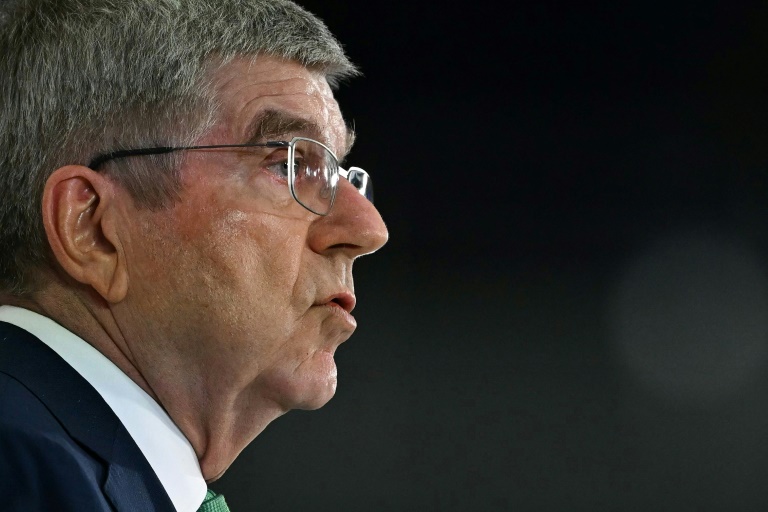From digital bank Revolut to money-transfer group Wise and payments company Checkout, London is Europe’s fintech champion and intends on keeping its crown despite Brexit fallout and declining investments.
“Before Brexit, the UK was a great place” for the sector developing financial technology, Revolut’s global head of government affairs, Adam Gagen, told UK Fintech Week which ended on Friday.
He put this down to “fantastic regulation… great talent” and 300-400 million customers that could be directly accessed throughout Europe.
“That’s not the case anymore.”
Britain’s exit from the European Union without an EU-London deal on financial services has complicated access to the gigantic market and talent.
Also addressing the Fintech Week, junior UK Treasury minister Andrew Griffith insisted the sector was “vital for the economy”.
Revolut, which made its first annual profit in 2021, has an EU banking licence and is seeking the same for the UK, which would allow it to operate on a similar level as on the continent.
“The UK is still probably one of the best places to start and grow a fintech anywhere in the world,” said Gagen.
“I think one thing that we probably need to double down on in the UK is really finding a way to get better regulatory access” abroad through post-Brexit bilateral deals, he added.
– Falling investments –
The fintech sector has been rocked more recently by the failure of Silicon Valley Bank in the United States and wider global economic turmoil, which has dried up investments and eaten into company valuations.
The UK last year saw injections of funds into its fintechs slump by 56 percent to just over $17 billion.
This was sharper than a drop globally of 31 percent to around $164 billion, according to a study by accountants KPMG.
“Despite the fall in the total number of UK deals, the country remains the centre of European fintech investment,” the report noted.
In terms of venture capital, or financing of young companies, the UK sector attracted $11 billion last year, behind only the United States with $33 billion and ahead of India’s $6.3 billion, according to Dealroom.
“While other European markets might have growing fintech sectors, it is hard to compete with London for the top spot given its established financial ecosystem and history of innovation and technological progress,” EY fintech expert Anita Kimber told AFP.
The UK has 2,500 fintech companies, two-thirds of which are in London.
“From about 2012-2014 onwards, you see this explosive growth in fintech, but you also see at the same time, political support for the regulators to support innovation and greater competition as well,” said Peter Cunnane at Innovate Finance.
– ‘Historical strength’ –
The UK rose to the top, in Europe at least, thanks to leading the way in innovative banking.
This has been in terms of testing the technology and pushing forward “open banking” that allows the client greater control of managing their finances online.
“We’ve got to recognise that was a historic strength. How do we keep it a strength in the future is now kind of the challenge,” said Gagen.
The UK and Singapore in November announced a deal to remove barriers affecting fintech, and further benefits could be included in London’s post-Brexit deal with the EU on financial services.
To stay out in front, London must also keep involved in regulatory changes, especially regarding fast-moving developments in artificial intelligence — and retain fintech companies tempted to launch initial public offerings on Wall Street.
Britain’s financial regulator has played its part, by relaxing rules on the amount of shares that fintechs must make available to the public, keeping greater control for founders.
And the government recently launched the Centre for Finance, Innovation and Technology, in partnership with London’s “City” financial district, that aims to further develop the UK fintech industry.
Amid Britain’s cost-of-living crisis as inflation remains high, “people are shopping around, trying to use fintech apps to find out better ways” to save money, CFIT chair Charlotte Crosswell told AFP.
“What we’re seeing is more money savings apps coming up as well.”

 Business4 months ago
Business4 months ago
 Business4 months ago
Business4 months ago
 Events6 months ago
Events6 months ago
 People4 months ago
People4 months ago
 Events3 months ago
Events3 months ago
















